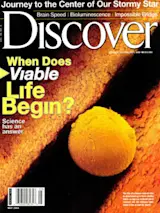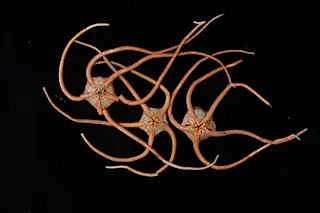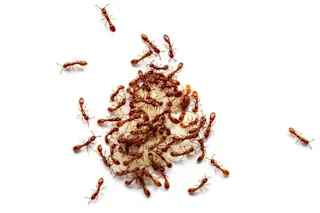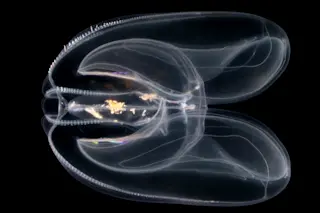The world’s most primitive known male is a fruit—specifically a papaya, says molecular biologist Ray Ming of the Hawaii Agricultural Research Center. After analyzing the DNA of more than 2,000 papaya plants, he and his colleagues found a sex chromosome in the earliest-known stage of development, offering a glimpse into how human maleness evolved many millions of years ago.
Unlike the relatively puny human Y chromosome, the papaya Y is roughly the same size as its genomic neighbors. This robustness is a clue to its youthfulness, Ming concludes. During reproduction, chromosome pairs normally swap genes and cancel out each other’s mutations. Once a distinct male chromosome region evolves, it no longer has a matching partner, so it starts to accumulate genetic “junk.” Indeed, after hundreds of millions of years of evolution, the human male chromosome is 95 percent trash. Because much of this junk eventually gets discarded, the human Y ...














